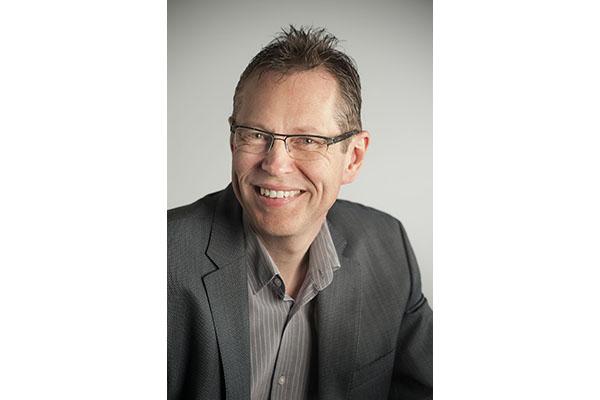Conference to examine quantum social science

Scientists have long thought that quantum mechanics -- the bizarre and fantastic world of non-locality, indeterminacy, and wave/particle duality that physicists discovered in the early 20th century -- was confined to the sub-atomic level. At the macroscopic, human level it’s been assumed that our familiar classical, Newtonian physics still rules, a belief reflected in the fundamental categories of social scientific thought such as classical logic, classical probability theory, and classical decision and game theory.
In the past decade, however, there have been growing hints that this foundational classical assumption is mistaken. For example, a field of “quantum biology” emerged after biologists unexpectedly found that birds, plants and other organisms use non-trivial quantum processes to survive. Closer to home, “quantum decision theorists” in psychology have shown that quantizing the axioms of expected-utility theory can resolve the long-standing anomalies of rational choice known as “Kahneman-Tversky effects.”
While these and other hints are still very preliminary, if evidence of quantum effects at the human level continues to mount, then the social sciences today could be in a situation similar to physics in 1900 – based on a simple but profound mistake, with a revolution just around the corner.
Quantum Theory and the International, organized by Alexander Wendt, Ralph D. Mershon Professor of International Security, won't try to solve any such grand question. But it will begin thinking – in a very exploratory and open-minded way – about what a quantum social science might look like. As students mostly of international politics, that subject will provide our substantive focus and primary illustrations. Read more and register
Then on Tuesday, April 10, conference participant Steve Fuller, Auguste Comte Professor of Social Epistemology at University of Warwick, will speak on "The Post-Truth Condition: Why We've Always Been There and Why It's Unlikely to Go Away Soon" at noon in 165 Thompson Library, 1858 Neil Avenue Mall. Drawing from his latest book, Post-Truth: Knowledge as a Power Game (Anthem Press, 2018), Fuller will show how today's post-truth worldview is deeply rooted in the history and philosophy of religion, politics and science. Read more and register
